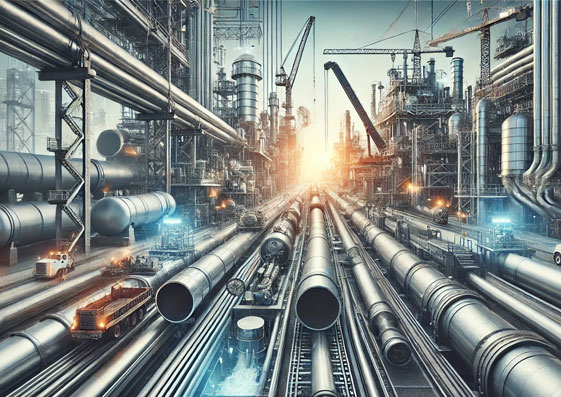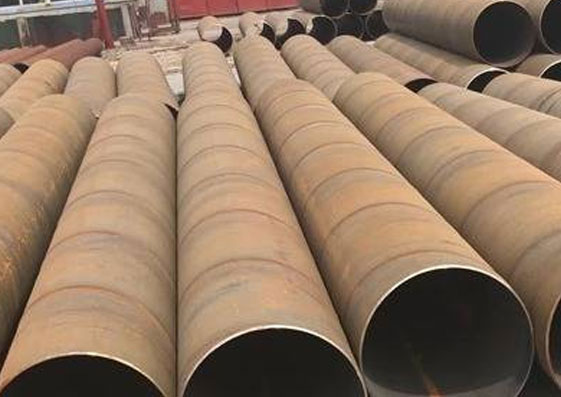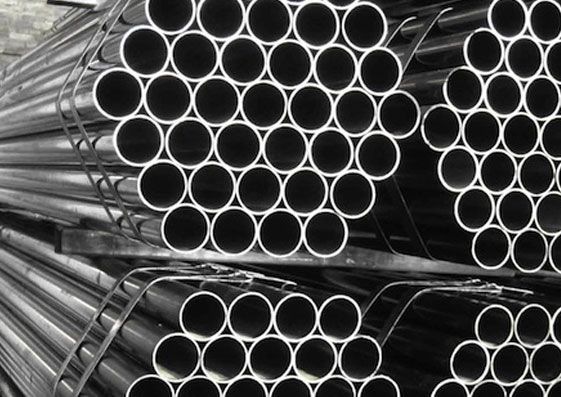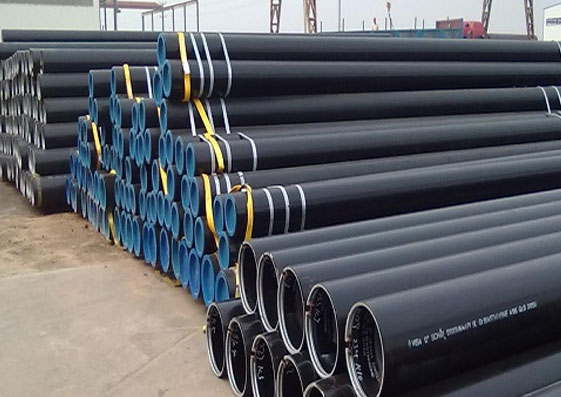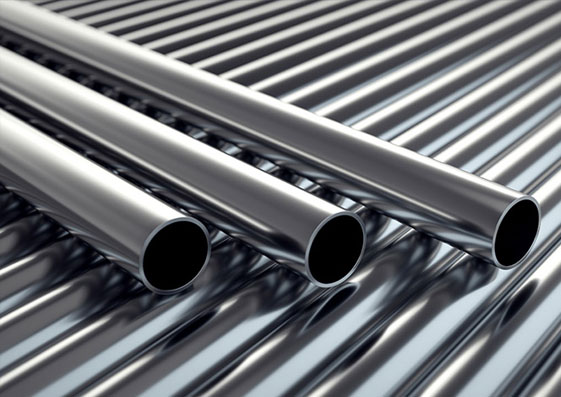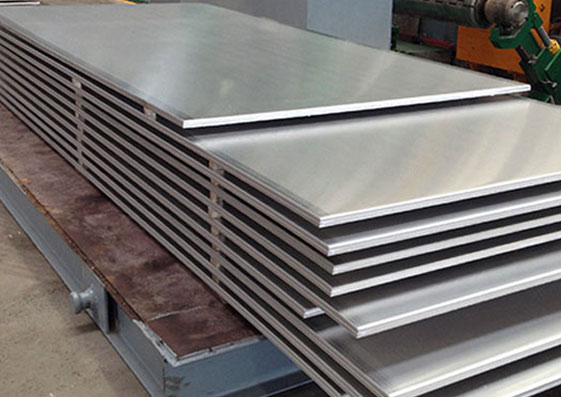Introduction to Steel Pipes
Steel pipes are vital components in a wide range of industries, offering unmatched strength, durability, and adaptability. From construction and oil & gas to chemical processing and power generation, steel pipes are indispensable due to their ability to handle extreme conditions, high-pressure systems, and complex applications. These pipes are engineered to meet the growing demands of industrial infrastructure, ensuring efficiency, safety, and long-term reliability.
Kwality Steelage Pvt. Ltd., headquartered in Mumbai, India, is a globally recognized manufacturer, supplier, and exporter of premium-grade steel pipes. With an emphasis on quality, compliance with international standards, and tailored solutions, we serve industries in the Middle East, Asia-Pacific, Europe, and beyond.
Why Steel Pipes Are Critical in Modern Industries
Steel pipes are preferred in industrial applications because of their inherent properties:
- Strength and Longevity:
- Yield Strength: Up to 485 MPa in certain grades.
- Tensile Strength: Up to 760 MPa, enabling use in high-pressure environments.
- Corrosion Resistance:
- Enhanced with protective coatings, stainless steel alloys, and treatments like galvanizing or pickling.
- Resistant to rust even in seawater, reactive chemical environments, and high-humidity conditions.
- Customizability:
- Available in diameters ranging from 6mm to 2500mm and wall thicknesses from Sch 5 to Sch XXS.
- Options for seamless or welded constructions for tailored industrial needs.
- Versatility Across Industries:
- Applicable in pipelines, structural frameworks, chemical transport, and renewable energy setups.
Key Characteristics of Steel Pipes
- Durability
Steel pipes can last for decades, even in the harshest environments. Their resilience reduces the need for frequent replacements, saving both time and costs. For example, ASTM A672 pipes are engineered to withstand pressures exceeding 10,000 psi in power plants and oil pipelines.
- High-Temperature and Pressure Resistance
Designed for elevated temperatures, ASTM A691 alloy steel pipes handle temperatures above 500°C, making them ideal for thermal power plants and petrochemical refineries.
- Environmental Sustainability
Steel pipes are 100% recyclable, making them eco-friendly. Additionally, their long service life minimizes waste and reduces the environmental impact of replacements.
- Easy Installation
Standardized dimensions and fittings make steel pipes easy to install, reducing labor costs and project timelines.
Applications of Steel Pipes Across Industries
- Construction and Infrastructure
Steel pipes are the backbone of modern infrastructure:
- Plumbing Systems: Stainless steel pipes ensure clean water supply and efficient drainage.
- Structural Support: Carbon steel pipes provide stability to high-rise buildings, bridges, and tunnels.
Example: ASTM A358 pipes are widely used in structural frameworks due to their high tensile strength (up to 515 MPa).
- Oil & Gas Industry
The oil and gas sector relies heavily on steel pipes for:
- Exploration and Drilling: Seamless pipes handle the extreme pressures encountered during oil extraction.
- Long-Distance Pipelines: API 5L pipes transport crude oil and natural gas efficiently over thousands of kilometers.
- Power Generation
- Thermal Power Plants: ASTM A672 and A691 pipes are used for high-pressure steam lines and boiler systems.
- Renewable Energy: Steel pipes support structural frameworks for wind turbines and fluid transport in solar power plants.
- Chemical and Pharmaceutical Industries
- Chemical Transport: Corrosion-resistant ASTM A312 stainless steel pipes transport acidic or reactive chemicals.
- Pharmaceutical Processing: Hygienic pipes ensure sterility and compliance with FDA regulations.
- Marine Applications
In shipbuilding and offshore installations:
- ASTM A358 pipes are used for seawater cooling systems and structural components due to their corrosion resistance.
Seamless vs. Welded Steel Pipes
| Property | Seamless Pipes | Welded Pipes |
|---|---|---|
| Manufacturing Process | Pierced from solid billets, no weld joints. | Made by welding steel plates/strips. |
| Strength and Integrity | No weak points; ideal for high-pressure use. | Cost-effective; suitable for lower pressures. |
| Common Applications | Oil & gas, chemical processing, power plants. | Plumbing, HVAC, structural supports. |
High-Demand Steel Pipe Standards
- ASTM A672 Pipes:
- High-pressure pipelines for power and oil & gas industries.
- Yield strength up to 485 MPa, tensile strength up to 620 MPa.
- ASTM A691 Pipes:
- Alloy steel pipes for elevated temperatures in power plants and refineries.
- Yield strength: Up to 585 MPa.
- ASTM A312 Pipes:
- Corrosion-resistant austenitic stainless steel pipes for food, pharma, and chemical sectors.
- API 5L Pipes:
- Critical for oil & gas pipelines.
Steel Pipes: A Sustainable Choice
Steel pipes support global sustainability goals due to their:
- Recyclability: Over 90% of the material can be recycled without losing properties.
- Minimal Maintenance: Longevity reduces resource consumption for replacements.
- Compatibility with Renewable Energy: Used in hydrogen pipelines and geothermal systems.
Choosing the Right Pipe for Your Application
When selecting steel pipes for industrial projects, consider the following:
- Material Compatibility: Choose stainless steel for corrosive environments and carbon steel for structural use.
- Operating Conditions: Assess pressure, temperature, and environmental factors.
- Compliance Standards: Opt for pipes adhering to ASTM, ASME, or API specifications.
Conclusion: The Future of Steel Pipes
As industries evolve, the demand for high-quality steel pipes will continue to grow. Innovations in material science and manufacturing processes will further enhance their performance, making them indispensable in modern infrastructure. Kwality Steelage Pvt. Ltd. is committed to delivering reliable, customized solutions to meet global industrial needs.


